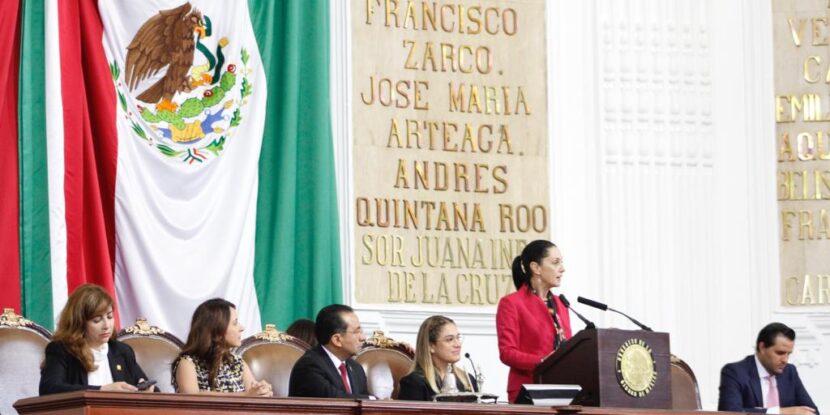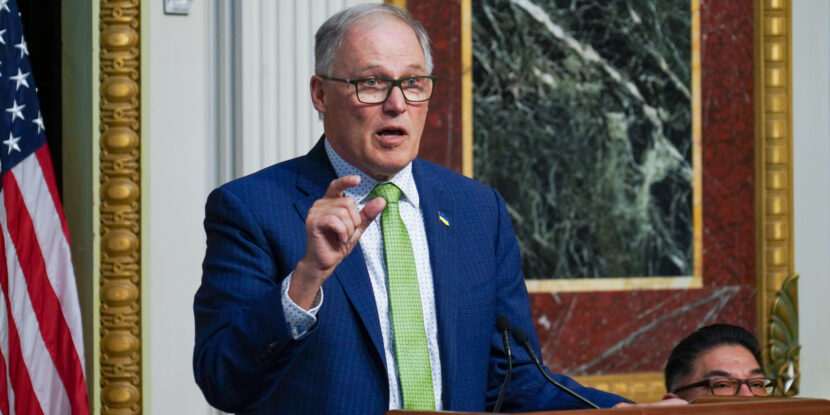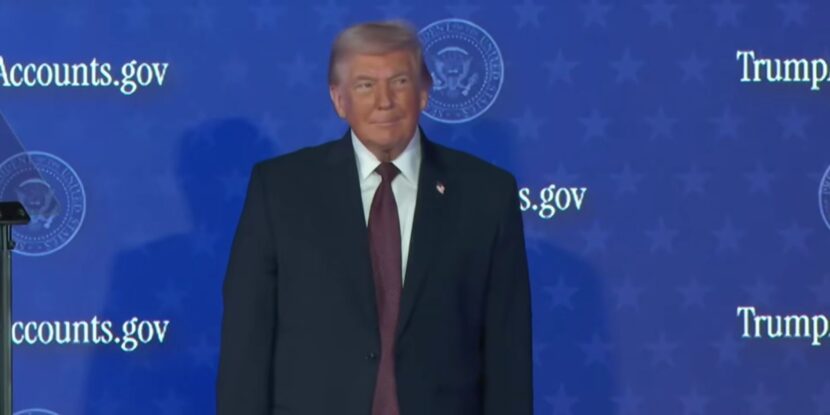PULSE POINTS:
❓What Happened: House Republicans proposed a five percent tax on remittances sent out of the U.S. by non-U.S. citizens, sparking opposition from Mexico. In response, Mexican government officials are lobbying House Republicans in the U.S. to drop the provision from President Donald J. Trump’s budget bill.
👥 Who’s Involved: U.S. House Republicans, Mexican Ambassador Esteban Moctezuma Barragán, Mexican President Claudia Sheinbaum, and President Trump.
📍 Where & When: U.S., ongoing discussions as of May 2025.
💬 Key Quote: “Imposing a tax on these transfers would disproportionately affect those with the least, without accounting for their ability to pay,” Barragán wrote in a letter to U.S. Congressional leaders.
⚠️ Impact: The proposal could generate $1 billion in tax revenue by 2026, but faces resistance from Mexican government officials, as remittances from the United States comprise a significant portion of the country’s revenue.
IN FULL:
The foreign remittance tax provision in President Donald J. Trump‘s budget plan, currently working its way through the House of Representatives, has become the target of a lobbying campaign by the Mexican government, which seeks to remove it from the legislation. Under the plan being pushed by President Trump and his allies in Congress, cash remittances sent by non-U.S. citizens to family members abroad would be subject to a five percent tax.
In a letter to House Ways and Means Committee leaders, Reps. Jason Smith (R-MO) and Richard Neal (D-MA), Mexico’s Ambassador to the U.S., Esteban Moctezuma Barragán, urged the U.S. lawmakers to reconsider the tax measure. “Imposing a tax on these transfers would disproportionately affect those with the least, without accounting for their ability to pay,” Barragán wrote, claiming the provision will have unintended consequences such as increased use of unregulated financial channels.
Mexico is the third-largest recipient of remittances among nations worldwide. In 2024, the country received an estimated $64.745 billion in remittances, with most of the money sourced through transfers from the United States. The country’s heavy reliance on payment transfers from the U.S. as a source of revenue has even prompted Mexican President Claudia Sheinbaum to weigh in on the issue, declaring it “arbitrary and unjust” and calling it “a measure that is unacceptable.”
The Joint Committee on Taxation released estimates that the tax could generate $1 billion in revenue by 2026, rising to $3 billion by 2034. During his first term in office, President Trump pushed for a remittance tax to recoup costs for his border wall with Mexico.
As part of the Mexican government’s push against the tax provision, Barragán has met with U.S. lawmakers, including Reps. Tony Gonzales (R-TX) and Maria Salazar (R-FL). Salazar stated she is still evaluating the proposal.




















